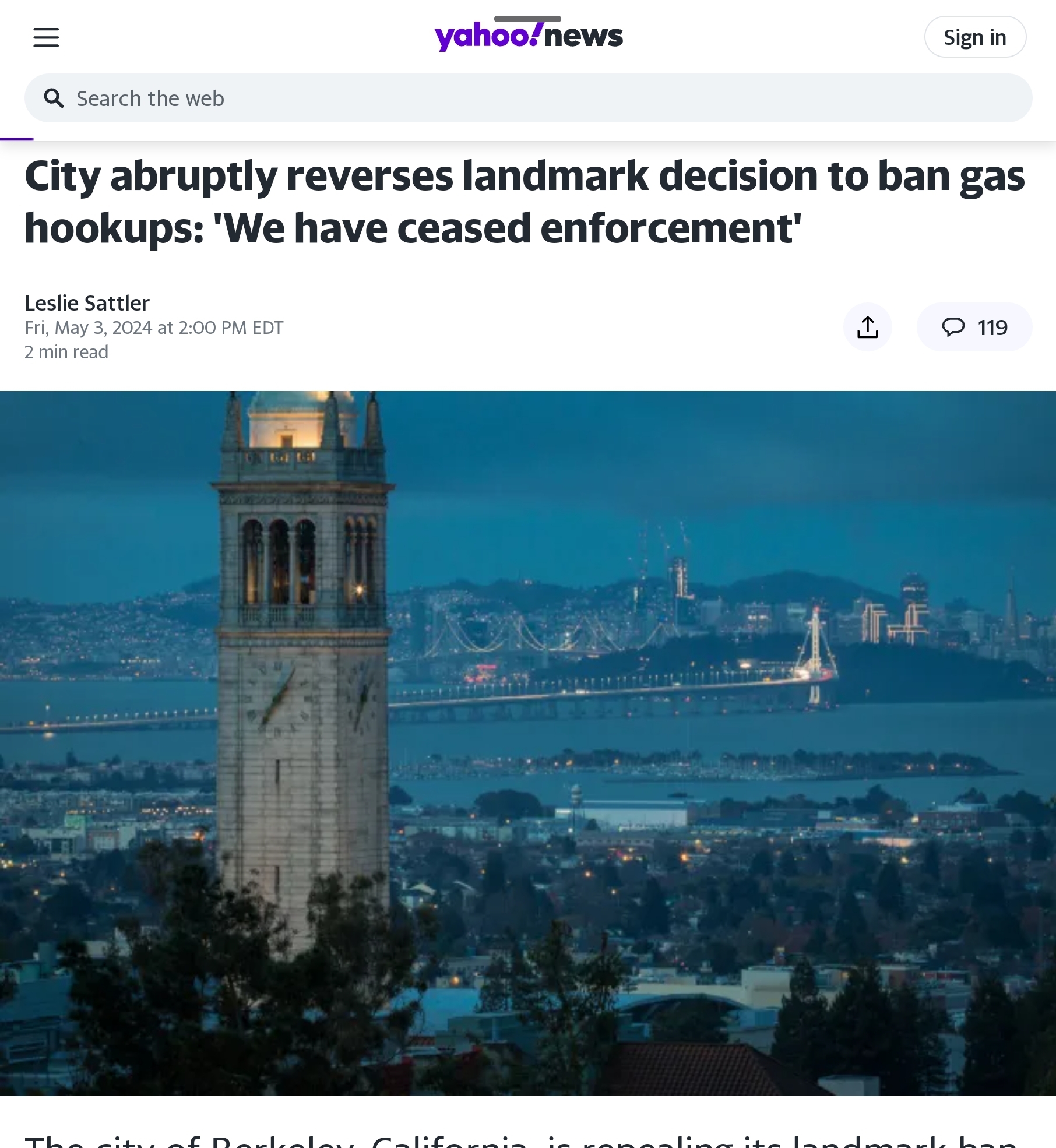The Blocked By @MichaelEMann Club: Register Here
http://wmbriggs.com/blog/?p=15217
PennState Prof. @MichaelEMann taking a page out of their crisis management playbook: block, ignore, put head in sand. pic.twitter.com/GD2zxGUTmq — Alex Epstein (@AlexEpstein) January 8, 2015 It’s Saturday but I’m somewhat tied up (call the police!), so something light and weird. I was on Twitter and saw the above tweet from our friend Alex Epstein, which (if you can’t see it) notices that he is blocked from viewing the tweets of Michael E. Mann. The middle initial tells you he’s serious, says William M Briggs. That’s science, friends. So I looked and lo, I was blocked too (my handle is @mattstat: all the variants of @wmbriggs were taken by the time I got to Twitter). That got me to wondering how many others were blocked, and that led me to thinking about the nature of those blocked. I figured we could form some sort of club. Surely Mark Steyn is a member. Perhaps you are too? Let’s all have a look, shall we? Register below if you are a member of the Free and Open Debating Society of Twitterers Blocked by Michael E Mann. Now I don’t recall ever having tweeted to Mann. And I’m not sure if I ever met him, though it’s possible. There were times when we overlapped at annual AMS meetings and that sort of thing. The days before I became an apostate I was able to meet and talk with nearly everyone. It’s understandable that Mann would block some people. I myself am blocking a person whose moniker contains the word “idiot”, a man whose only purpose, it seems, is to cast meaningless abuse. Even Mann shouldn’t have to suffer nitwits. But block Epstein and me (and possibly you)? What purpose can that serve? I am, after all, a peer of the scientific realm, complete with letters patent. I know the secret handshake. I have the parchment. I have the bronzed horseshoe that comes with publishing papers in places like the Journal of Climate. Mann wouldn’t want to stifle scientific debate, would he? Blocking peers on Twitter would be like a major peer-reviewed journal blocking people from publishing just because those people might hold the wrong views. Good thing that never happens! Where would Science be if scientists and journals formed cliques whose members labored to keep contrary views from being aired? I’ll tell you. Right where it is. Science is increasingly becoming yet another branch of politics, just like those progressive other-ways-of-knowing academics said it would, the sort of professors Alan Sokal hoaxed a while back. Those academics only erred in saying the process was complete circa 1990. Some fields are still somewhat free of Machiavellianism—except for the enormous and punishing influence of government money. Say this for private money like Big Green’s Sierra Club, Greenpeace, and companies like Exxon and the like. They’re slightly more above board in stating their desires than is government. Yet everybody sees government money as untainted, pure. Scientists who receive funds from, and whose livelihoods rely on, Uncle Sam never have to fill conflict of interest forms. What a farce! Governments business, just like the Sierra Club’s and Exxon’s, is to be in business and, with the blessing, to grow. How many government-funded research papers end with the words “more research is needed”? Too much is never enough. It is government peer-review boards that decided who gets what money, hence which research that can be done and published. Government to a large measure thus decides what science is. I can understand the civilian’s reverence for peer review. It sounds ideal. And it is, in theory. But we all know where the love of theory leads, do we not? Peer review for journals is a historically recent invention. Filters were needed because pages were limited. Not anymore. The good news is that disputes have begun moving away from journals, which are anyway too slow. Debate can be had on blogs (hooray!), even on, if it can be believed, Twitter—though anybody who has ever tried to frame an argument on that service will know the difficulties. Say, I wonder if Mann thinks blocking folks will keep secret the Mannly thoughts he releases? The new-found freedom for ideas can’t and won’t stop grant peer reviewing, though. Filters are need, funds are (or should be) limited. Money will trump truth nearly every time. I can’t see it getting anything but worse. But at least we on the outs can band together. So let’s check and see how many of us are banned, shall we?
— gReader Pro




